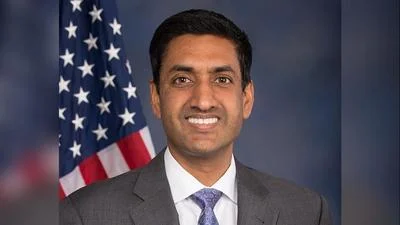John Taylor, Professor of Economics at Stanford University and developer of the "Taylor Rule" for setting interest rates | Stanford University
John Taylor, Professor of Economics at Stanford University and developer of the "Taylor Rule" for setting interest rates | Stanford University
Researchers at the Stanford School of Engineering have introduced two innovative tools, the microDicer (µDicer) and the microGrater (µGrater), aimed at streamlining the process of cutting tumor samples into submillimeter-scale organoids. These tools are designed to enhance consistency and quality in cancer research, particularly in drug response experiments.
The µDicer and µGrater were developed to address the labor-intensive task of manually dissecting fresh tumors into small pieces for organoid production. According to Sindy Tang, an associate professor of mechanical engineering and senior author of a study published in Microsystems & Nanoengineering, these tools are expected to improve efficiency significantly. "Our collaborator and co-author Calvin Kuo...has shown that maintaining the spatial relationships between groups of tumor cells and immune cells...is really important for accuracy in testing drugs and immunotherapies. Our tools help researchers more efficiently create organoids that maintain those relationships," said Tang.
The µDicer uses silicon blades fashioned through micromachining tools similar to those used in computer chipmaking. The blade patterns are etched into silicon using reactive plasma. The µGrater's blades are made from stainless steel, featuring beveled edges that shave off precise organoids as tissue is moved across it.
These advancements are part of a broader effort to standardize organoid sizes, which can influence the accuracy of experimental results. Tang noted that precise control over organoid size allows researchers to explore whether there is an optimal size for retaining tumor properties or ensuring cell viability.
Tang’s team has received financial support from several institutions, including Stanford Bio-X Interdisciplinary Initiatives Seed Grant and the National Cancer Institute. Additional contributors include PhD student Seth Cordts, postdoctoral fellow Kanako Yuki, School of Medicine researcher Maria Henao Echeverri, and senior research scientist Balasubramanian Narasimhan.
Efforts are now underway to disseminate these tools within the research community and potentially bring them to market.
For further information, media inquiries can be directed to Jill Wu at jillwu@stanford.edu.
©Copyright Stanford University.




 Alerts Sign-up
Alerts Sign-up